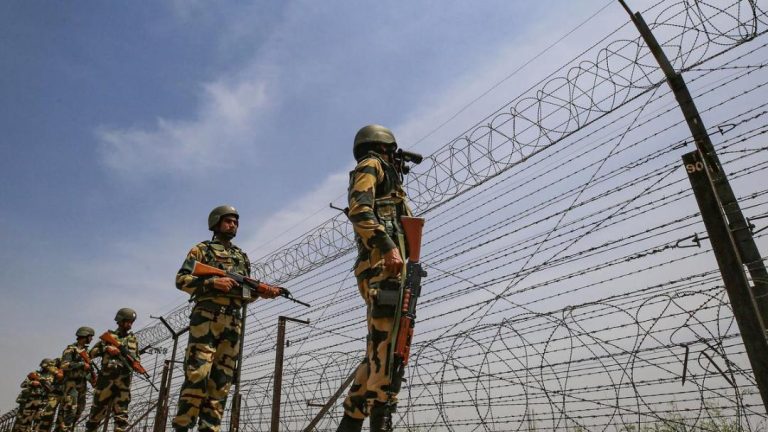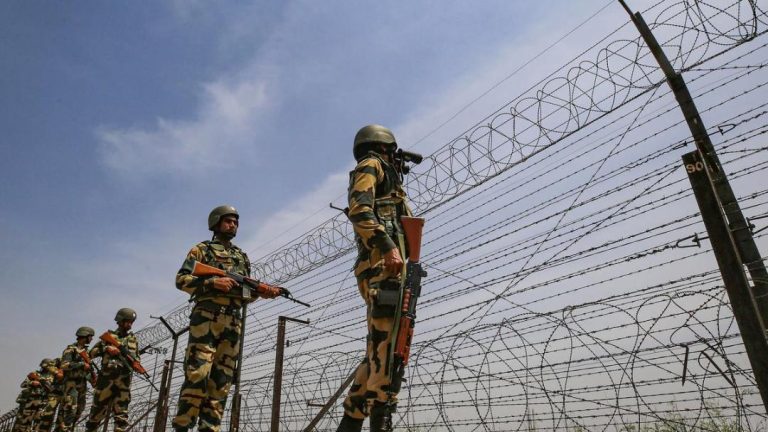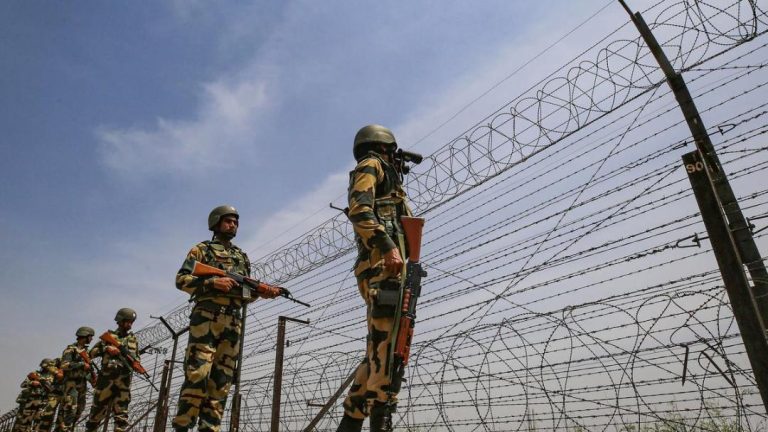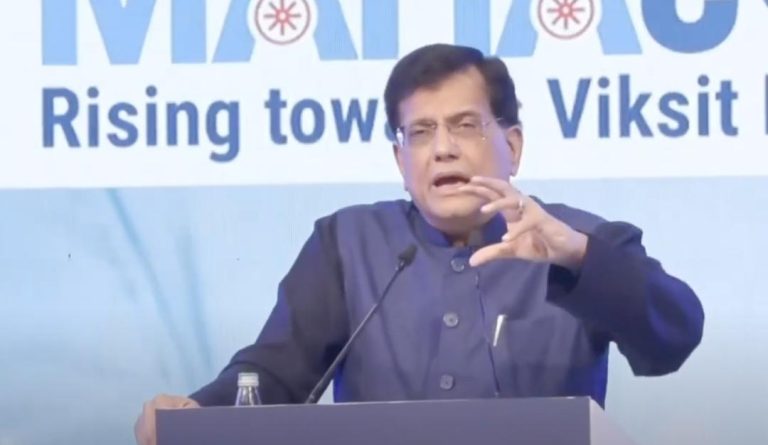
TN Govt Passing Resolution Against Waqf Bill for Publicity: BJP MP
The Tamil Nadu government has been under fire for passing a resolution against the Waqf (Amendment) Bill in the state Assembly. The bill, which aims to regulate and oversee the management of Waqf properties, has been a contentious issue, with several states and political parties expressing their reservations. The latest development has seen the Bharatiya Janata Party (BJP) criticise the state government, with one of their MPs, Jagadish Shettar, dismissing the resolution as mere publicity.
Shettar, a BJP MP from Karnataka, said in a statement that the resolution passed by the Tamil Nadu Assembly has no constitutional effect. “The only effect of this resolution is publicity,” he added. This statement suggests that the BJP believes that the resolution is an attempt by the state government to gain publicity and attention, rather than a genuine attempt to address the concerns around the Waqf Bill.
The Waqf Bill has been a topic of controversy, with several states and political parties opposing it. The bill aims to regulate and oversee the management of Waqf properties, which are charitable endowments that are managed by Muslim individuals and institutions. The bill proposes to set up a central waqf council to oversee the management of these properties, and to ensure that they are used for charitable purposes.
However, several states and political parties have opposed the bill, citing concerns that it will lead to the central government interfering in the management of Waqf properties. The Tamil Nadu government, which is headed by the Dravida Munnetra Kazhagam (DMK), has been a strong opponent of the bill, and has passed a resolution in the state Assembly against it.
BJP MP Basavaraj Bommai has also accused the Tamil Nadu government of opposing the bill for political reasons. “The state government is opposing the Waqf Bill for the sake of political reasons,” he said. This statement suggests that the BJP believes that the opposition to the bill is driven by political motivations, rather than any genuine concerns about its impact on Waqf properties.
The controversy around the Waqf Bill has been ongoing for several months, with several states and political parties expressing their reservations. The bill has been cleared by the Union Cabinet, but it still needs to be passed by Parliament. The opposition to the bill has led to concerns that it may be opposed by the state governments, which could lead to a constitutional crisis.
The controversy around the Waqf Bill has also taken a political turn, with several parties and states engaging in a war of words over the issue. The BJP has been a strong supporter of the bill, while the DMK and other opposition parties have been opposed to it. The controversy has also led to concerns about the impact on communal relations, with some parties accusing the government of trying to interfere in the management of Waqf properties.
In conclusion, the resolution passed by the Tamil Nadu Assembly against the Waqf (Amendment) Bill has been dismissed by a BJP MP as mere publicity. The bill has been a contentious issue, with several states and political parties expressing their reservations. The controversy has taken a political turn, with several parties and states engaging in a war of words over the issue.
The Waqf Bill has been a topic of controversy for several months, with several states and political parties expressing their reservations. The bill aims to regulate and oversee the management of Waqf properties, which are charitable endowments that are managed by Muslim individuals and institutions. The bill proposes to set up a central waqf council to oversee the management of these properties, and to ensure that they are used for charitable purposes.
The controversy around the Waqf Bill has led to concerns about the impact on communal relations, with some parties accusing the government of trying to interfere in the management of Waqf properties. The bill has been cleared by the Union Cabinet, but it still needs to be passed by Parliament. The opposition to the bill has led to concerns that it may be opposed by the state governments, which could lead to a constitutional crisis.






